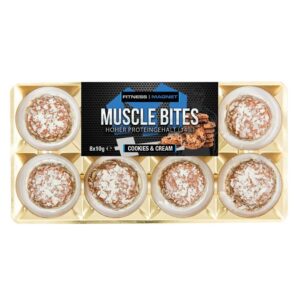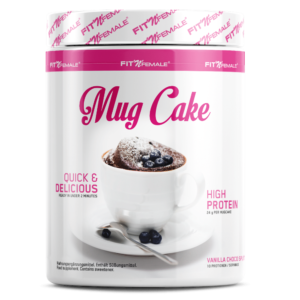In einer anstrengenden Trainingswoche ist es wichtig, dass der Athlet einen Ruhetag oder Rest Day einlegt, damit der Körper regenerieren kann. An einem Rest Day brauchst du nicht über dein Gym nachdenken und welche Muskelpartien heute trainiert werden müssen. Aber dafür stehen andere Fragen an: Wie soll ich mich an einem trainingsfreien Tag ernähren? Nun gilt wieder die alte Regel, dass ein effektives Muskelaufbautraining aus 30 Prozent Training und 70 Prozent gesunde Ernährung besteht. Aber was ist zu tun, wenn ein Rest Day oder ein Cheat Day eingelegt wird? Soll der Athlet auch an einem Rest Day seine Protein-Shakes einnehmen, obwohl er nicht trainiert? Darf der Sportler alles an einem Cheat Day essen, was er will? Nachfolgend wollen wir uns etwas mit dieser Thematik beschäftigen und Dich darüber aufklären, was du an einem Rest Day konsumieren solltest und wann du einen Cheat Day integrieren kannst, ohne dass du deine Trainingserfolge aufs Spiel setzt.
Die Ernährung an einem Rest Day
Einer der Hauptgründe für einen Kraftsportler einen Ruhetag einzulegen ist die Regeneration der Muskulatur. Nun stellt sich die Frage, welche Mahlzeiten der Sportler an einem Ruhetag einnehmen sollte, ohne dass er seinen Muskelaufbau gefährdet. Die Antwort ist einfach: An trainingsfreien Tagen solltest du die gleiche Menge Protein konsumieren wie an den Trainingstagen. Die Kohlenhydrate sollten etwas reduziert werden, da der Körper ohne Training weniger Energie benötigt. Die geringere Einnahme von Kohlehydraten an einem Rest Day dient auch dazu, den Insulinspiegel niedrig zu halten und gleichzeitig den Fettstoffwechsel zu maximieren. An einem Rest Day kannst du deshalb auch mehr Fett über die Nahrung aufnehmen, was bedeutet, dass die Mahlzeiten an einem trainingsfreien Tag auch zum Beispiel aus Hackfleisch, Lachs, Eier, Käse, oder Joghurt mit einem hohen Fettgehalt bestehen können. Das Kaloriendefizit sollte an einem Rest Day 10-20 Prozent des "normalen" Energieumsatzes eines Trainingstages betragen. Wenn du zum Beispiel an einem Trainingstag 3000 kcal konsumierst, dann sollte die Kalorienzufuhr an trainingsfreien Tagen auf rund 2.400-2.700 kcal reduziert werden.
Was ist ein Cheat Day?
Unter einem Cheat Day versteht der Kraftsportler einen Tag, an dem er von seiner vorgeschrieben Ernährungsweise auch mal abweichen darf. An einem Cheat Day wird gegessen, was gut schmeckt, egal, ob die Mahlzeiten viel Kalorien besitzen oder sehr fettreich sind. Achte aber darauf, dass du dein Cheat Meal nicht an einem Ruhetag einnimmst, sondern an einem Tag, an dem du besonders intensiv trainierst. An Ruhetagen konsumierst du normalerweise weniger Kalorien, da der Körper an diesen Tagen ohne Trainingseinheiten auch weniger Energie benötigt. Wenn dann zusätzlich noch viel zuckerhaltige oder fettreiche Mahlzeiten konsumiert werden, wird es schwierig, sich an die gewohnte Rest Day Tagesdosis zu halten, da ansonsten zu viele Kalorien eingenommen werden. Einen Cheat Day sollte der Kraftsportler dann einlegen, wenn besonders intensive Trainingseinheiten absolviert werden. An einem Cheat Day kann der Körper auch gut mehr Kalorien aufnehmen, da ein erhöhter Energiebedarf besteht. Viele Athleten bauen inzwischen einen Cheat Day in ihr Trainingsprogramm ein, da ein stupides Ernährungsprogramm viel Stress erzeugt, der sich dann letztendlich auch auf die Leistung auswirken kann. An einem Cheat Day darf unbedarft gegessen werden, was auch dazu führt, dass der Körper entspannen und regenerieren kann, ohne dass der Sportler einen Rest Day einlegen muss.

